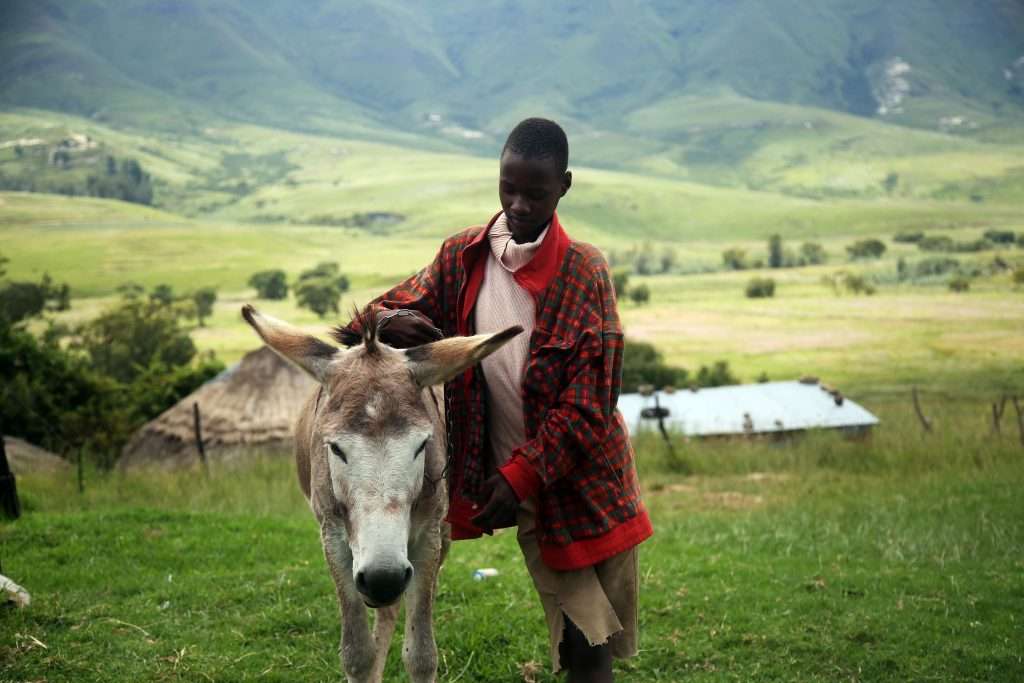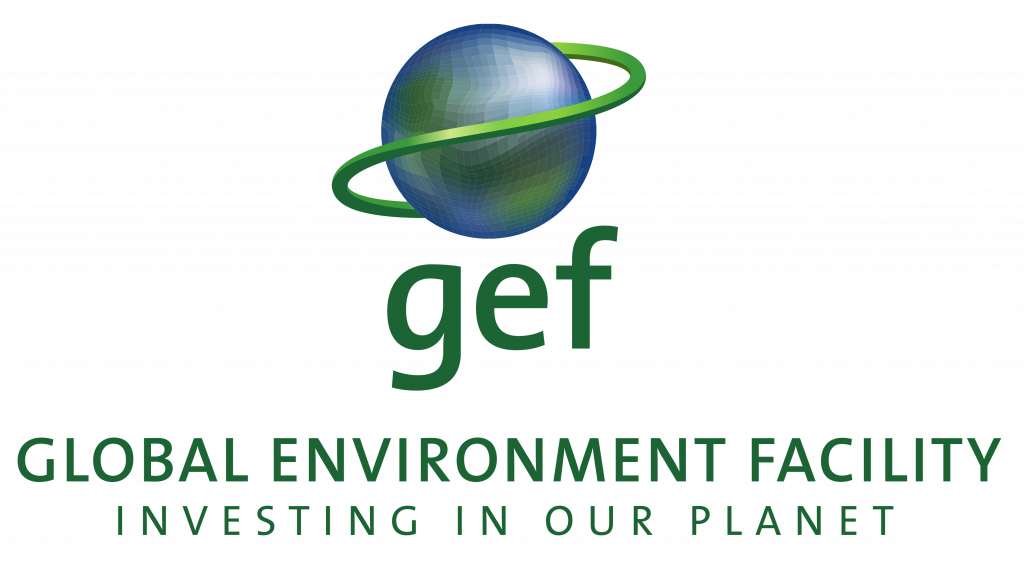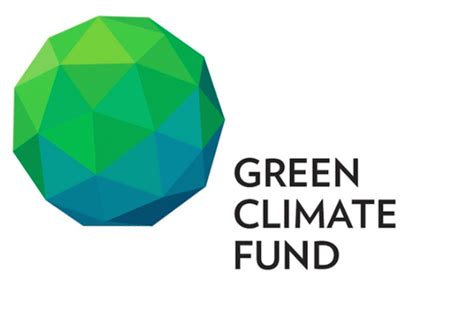Learn More
Education, Training and Public Awareness
Education, Training and Public Awareness
A higher degree of knowledge is needed to deal with climate change. An informed society and trained professionals are key for the persecution of the Policy’s objectives and its implementation. Climate Change is a complex issue usually dealt by scientists but society is already feeling it and need to know how to act to avoid mal-adaptation, and loss and damage. Educational tools, training programmes and a broad communication campaigns are means of addressing climate change.
A number of initiatives aimed at building capacity, fostering understanding, and driving action to mitigate and adapt to the effects of climate change have continuously been undertaken in Lesotho. These include:
Climate Education in Schools: Incorporating climate change education into the school curriculum helps raise awareness and build knowledge among the younger generation. It fosters a sense of responsibility and equips students with the information and skills needed to make sustainable choices. Climate Change Tool Kit for Teachers, 2021
Climate Workshops and Seminars: Conducting workshops and seminars for government officials, local leaders, and community members can enhance understanding of climate change impacts and adaptation measures. These events provide opportunities for knowledge sharing and capacity building.

Climate Change Communication to stakeholders: Strategy a comprehensive plan developed by a country or government to effectively communicate climate change-related information, engage stakeholders, and raise public awareness about the challenges and opportunities associated with climate change. National Climate Change Communication Strategy, 2021
Public Awareness Campaigns: Raising public awareness through campaigns, media, and community outreach is essential. These initiatives can inform the public about climate change, its local impacts, and the role individuals can play in mitigating these effects.




